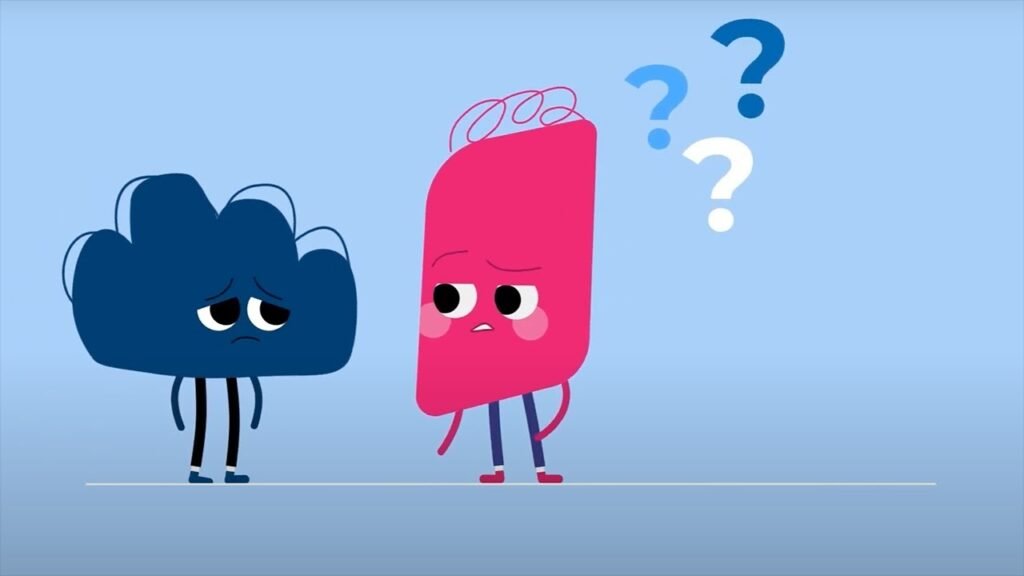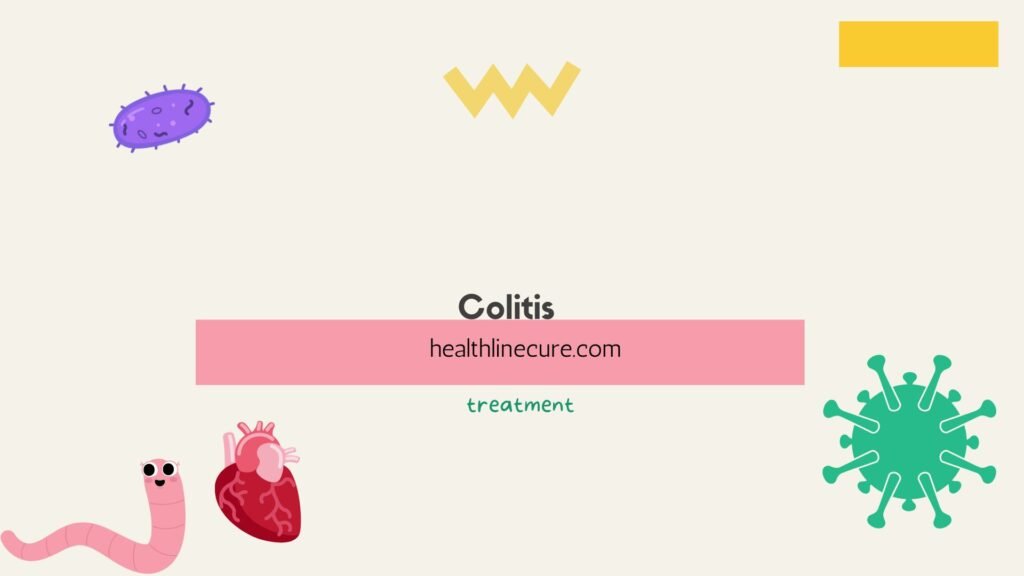Introduction to Colitis
Colitis, characterized by inflammation of the colon or large intestine, encompasses various forms of gastrointestinal discomfort and irregularities in bowel habits. Understanding the types, symptoms, causes, and treatments is essential for managing this condition effectively.
More about Types?
presents in two primary forms: mucus colitis and ulcerative colitis. Mucus colitis is a common disorder that causes discomfort and irregular bowel habits, while ulcerative colitis involves severe and prolonged inflammation of the colon, leading to the formation of ulcers on the colon walls and the passage of bloody stools with pus and mucus.

Types of Colitis
- Ulcerative Colitis (UC):
- UC is a chronic inflammatory bowel disease affecting the large intestine’s inner lining, leading to ulcers and inflammation.
- Common types include proctosigmoiditis, left-sided UC, and pancolitis.
- Pseudomembranous Colitis (PC):
- PC results from Clostridium difficile overgrowth, often triggered by antibiotic use, leading to inflammation and toxin release.
- Ischemic Colitis (IC):
- IC occurs due to reduced blood flow to the colon, often caused by blood clots, atherosclerosis, or underlying conditions like vasculitis or diabetes.
- Microscopic Colitis:
- Identified through microscopic examination of colon tissue, it includes lymphocytic colitis and collagenous colitis, with causes still not fully understood.
- Allergic Colitis in Infants:
- Occurs in infants, possibly due to allergic reactions to breast milk components or formula proteins, leading to symptoms like reflux and fussiness.
Causes of Colitis
- UC results from immune system overreaction to gut bacteria.
- PC is triggered by antibiotic-induced imbalance in gut bacteria.
- IC may stem from vascular conditions, medication side effects, or traumatic injury.
- Microscopic colitis causes remain elusive, with factors like smoking and autoimmune history increasing risk.
- Allergic colitis in infants may arise from protein allergies in breast milk or formula.
Treatment Options
- Treatments vary, including medication (e.g., anti-inflammatories, immunosuppressants), bowel rest, and surgery (e.g., colectomy).
- Prevention involves dietary adjustments, stress management, and medication adherence.
Who’s at Risk?
- Risk factors vary by type, such as age, family history, antibiotic use, and underlying health conditions.
When to Seek Medical Help
- Persistent symptoms like abdominal pain, unexplained weight loss, or blood in stool warrant medical evaluation.
Symptoms
Chronic ulcerative typically manifests with symptoms such as increased urgency to move the bowel, cramping pains in the abdomen, bloody mucus in stools, watery and frequent stools, rectal straining, weakness, fever, nausea, vomiting, loss of appetite, anemia, bloating, constipation alternating with diarrhea, and malnutrition.
Causes
Chronic constipation, dietary factors, and stress play significant roles in the development. Chronic constipation leads to the accumulation of hardened fecal matter in the colon, while dietary factors such as poorly digested roughage and allergic sensitivities to certain foods can trigger bowel irritation. Stress, particularly severe stress, can exacerbate symptoms and contribute to inflammation in the intestines.
Treatment and Management
Conventional treatments often involve suppressive drugs that temporarily alleviate symptoms without addressing the underlying cause. However, natural remedies such as warm water wash-outs, juice fasting, and dietary modifications can help soften and remove accumulated fecal matter, reduce inflammation, and promote healing in the colon.
Dietary Recommendations
Juice fasting for a few days can help cleanse the colon and reduce inflammation. Diluted fruit and vegetable juices, especially papaya, raw cabbage, and carrot juices, are beneficial during this period. Gradually transitioning to a diet of small, frequent meals consisting of soft-cooked vegetables, well-ripened fruits, whole grains, and sprouted seeds is recommended for long-term management .
Home Remedies
Ripe bananas, buttermilk, tender coconut water, and cooked apples are effective home remedies for relieving colitis symptoms and promoting healing in the colon. These natural ingredients provide soothing relief, replenish essential nutrients, and support the restoration of a healthy intestinal flora.
Lifestyle Recommendations
Establishing regular bowel movements, prioritizing bed rest and hydration, and managing stress are essential components of colitis management. Creating a supportive environment that promotes relaxation, patience, and emotional well-being can aid in coping with the challenges of living with colitis.

Conclusion
characterized by inflammation of the colon, presents significant challenges for individuals affected by this condition. By understanding the types, symptoms, causes, and treatments , individuals can take proactive steps to manage their symptoms effectively and improve their quality of life.
AQs
- Can colitis be cured completely? While there’s no definitive cure, effective management strategies can significantly improve symptoms and quality of life.
- Are there dietary restrictions for individuals with colitis? Yes, dietary adjustments may help manage symptoms, and consulting a healthcare provider or dietitian is advisable.
- Is surgery always necessary for colitis treatment? Surgery is reserved for severe cases or when other treatments fail to provide relief.
- Can stress worsen colitis symptoms? Yes, stress can exacerbate symptoms, highlighting the importance of stress management techniques in colitis management.
- Is colitis contagious? No, colitis is not contagious and does not spread from person to person. It is primarily influenced by genetic and environmental factors.
